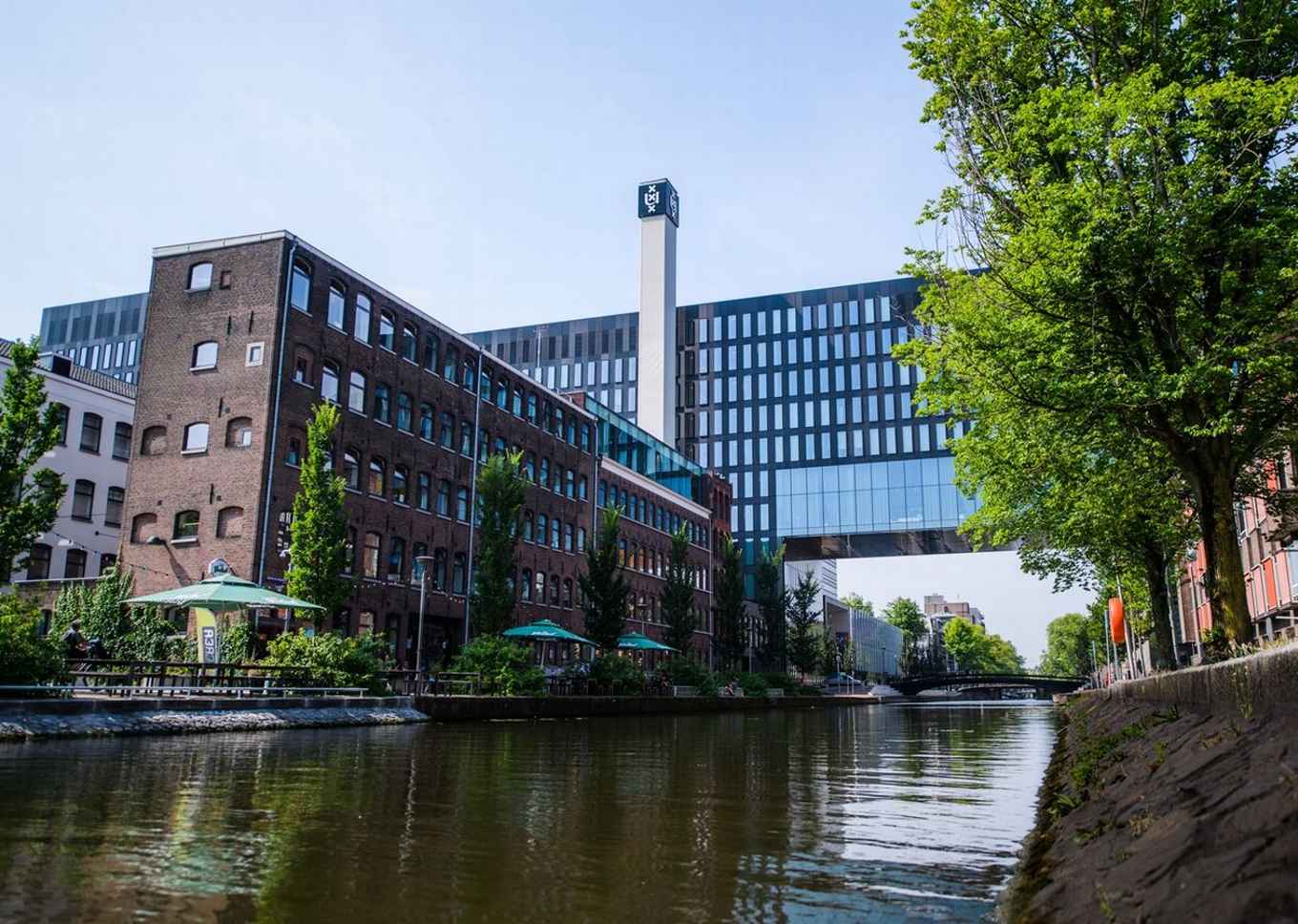Research
Amsterdam Institute for Social Science Research / AISSR
Research within the AISSR focuses on the functioning of contemporary societies and their relationships from a historical, comparative and empirical perspective. It includes topics anchored in one or more of the represented disciplines: Sociology, Geography, Planning and International Development Studies, Political Science, Anthropology.
